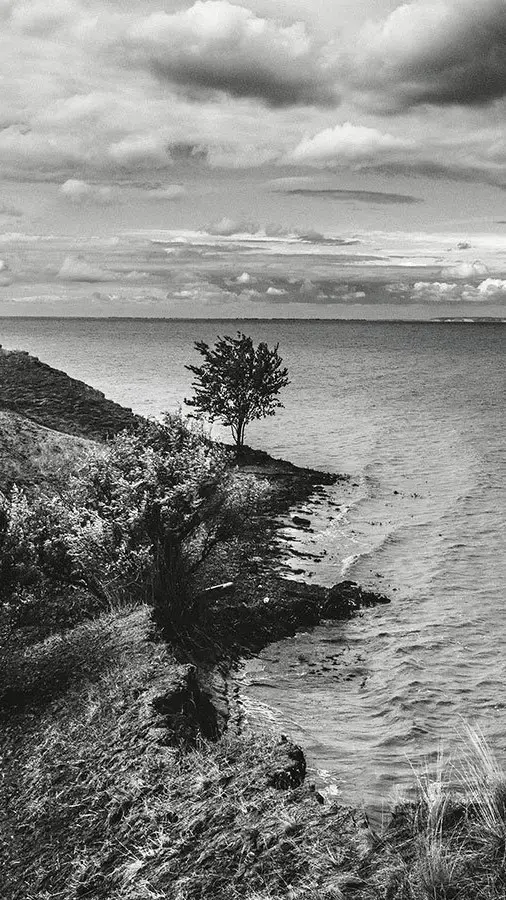The Volga is the river that has always defined the history (and geography) of Russia. It has always been the basin of Russian identity. If there is a way to try to understand what it means to be Russian today, at a time when Russia invaded Ukraine and has declared war on the world order, it is to travel along the Volga region.
If Russia is the land of great rivers, the Volga is the Russian river. It is called "matushka," the mother. It originates between St. Petersburg and Moscow, flows through central Russia and reaches the Caspian Sea.
The Volga is where West and East meet or divide and collide. It marked a thousand years of Russian history, from the entrenchment of Orthodox Christianity, to the Cossack uprisings, to the civil war that followed the October Revolution. At Stalingrad, it is the river of the Great Patriotic War.
The Volga is a unique journalistic key to try to figure out what perception Russia has of itself today, and what idea Russia has of the West and the world.
With this reporting, journalist Marzio Mian and photographer Alessandro Cosmelli contribute to the knowledge of a country that Vladimir Putin, with his neo-imperial doctrine, has vowed to international isolation: The Volga is the ideal route to penetrate Russian society, but also to narrate the social and economic effects of the war. Among other things, it is the main artery of the traffic of goods and weapons with which Russia and Iran circumvent sanctions.





